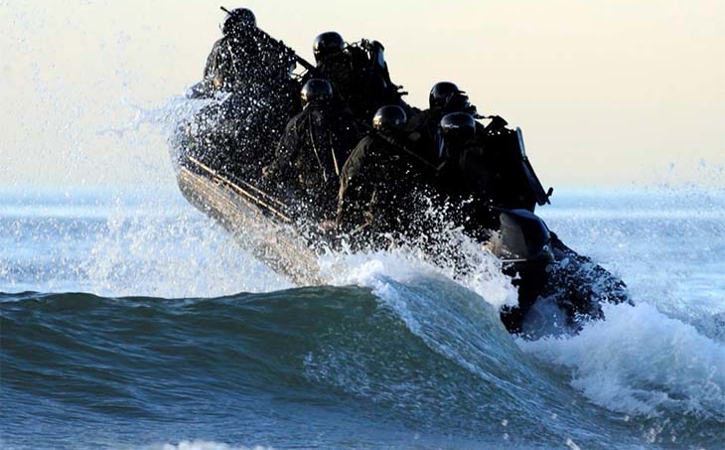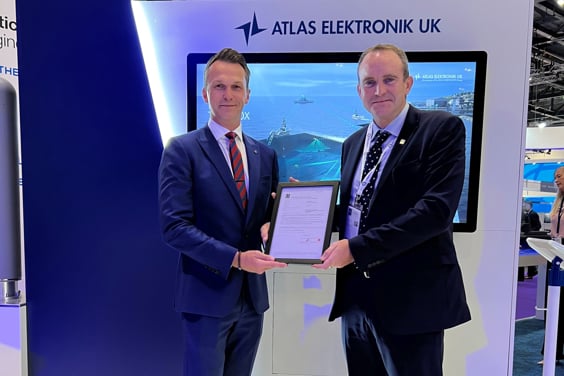A New Standard for Small Craft Safety
While most government small craft are exempt from commercial shipping regulations, it's still essential to follow safety best practices and demonstrate due diligence. Today, many government operators are expected to meet the same health, safety, and environmental standards as commercially operated boats. However, simply applying these statutory standards can create numerous non-compliances and hinder the operational capability of the craft. With a wide variety of vessel types—from sailing dinghies to armed patrol boats—and the integration of new technologies, owners and boat yards face significant challenges in defining and applying the correct safety standards for government service. An error in judgment could lead to asset damage, write-offs, or incidents that harm personnel or the environment.
The complexity of this task increases for larger fleets spread across different locations. Managing the certification and ongoing maintenance of these fleets can be time-consuming, tying up valuable resources. Without a dedicated central system, it's difficult to accurately track the location, condition, safety compliance, and inspection schedule of each boat. This lack of oversight can compromise a fleet's availability and ultimately pose risks to the safety of its operations. This is where Lloyd's Register’s (LR) Grey Boat Code comes in. Our Code offers a robust, pragmatic approach to certification that provides confidence in the safety of your fleet, regardless of its design or operational role. We understand the unique challenges of small craft fleets and offer tailored, flexible, and holistic services to help you identify and manage risk, ensuring you meet your safety goals.














